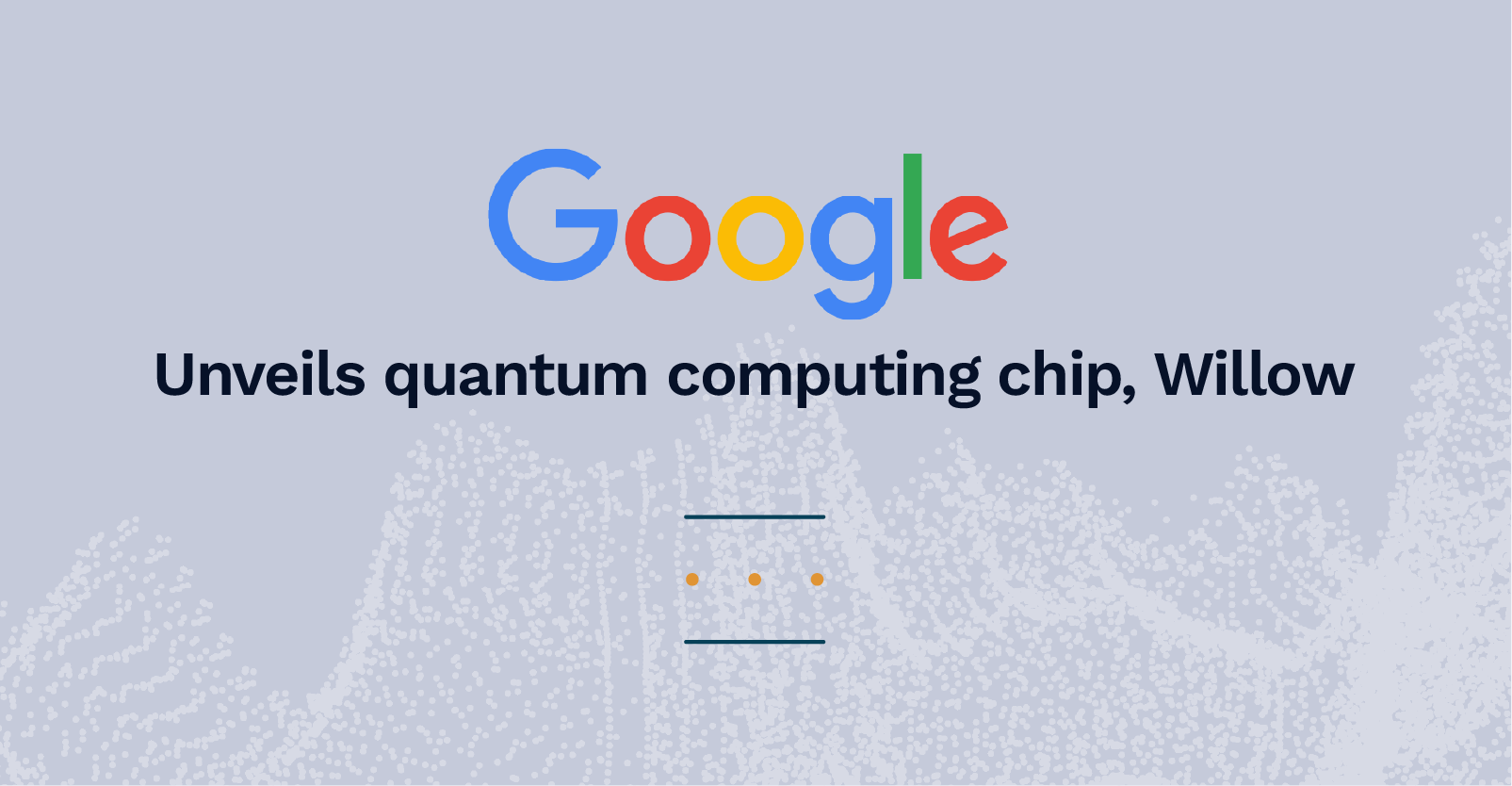This week, Google Quantum AI announced their new quantum chip, Willow, promising groundbreaking error-correction and performance that could lead the way to significantly more powerful quantum computing.
It’s an incredible milestone, as it overcomes what was thought to be one of the hardest challenges in the field – quantum error-correction, and for the first time, proves that a quantum computer can solve computational problems in minutes, that would otherwise take a supercomputer a processing time longer than the age of the universe.
This historic breakthrough is a reminder that quantum computers show immense potential to transform our lives and accelerate discovery, and, as the technology matures, each step also increases the prospect of traditional encryption standards being cracked by a cryptographically relevant quantum computer – putting all our digital lives at risk.
“Willow may be an experimental chip for now,” reflects PQShield’s CEO and founder, Ali El Kaafarani, “Whoever builds a quantum computer that harnesses this power will have a game-changing cybersecurity and geopolitical advantage.”
Thankfully, organizations such as PQShield have been developing key defenses, based on the recently standardized NIST algorithms – specifically designed to withstand quantum attacks.
Nevertheless, with this remarkable development, Google have effectively highlighted the shortening timeline to ensure systems are quantum-ready. The NSA are already urging some enterprises to implement PQC as soon as 2025 and many traditional encryption standards are shortlisted for deprecation in the next few years. Furthermore, it’s entirely possible that data stolen today could easily be decrypted tomorrow, meaning it’s more important than ever to build towards quantum resistance.

